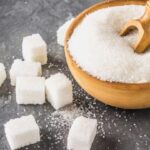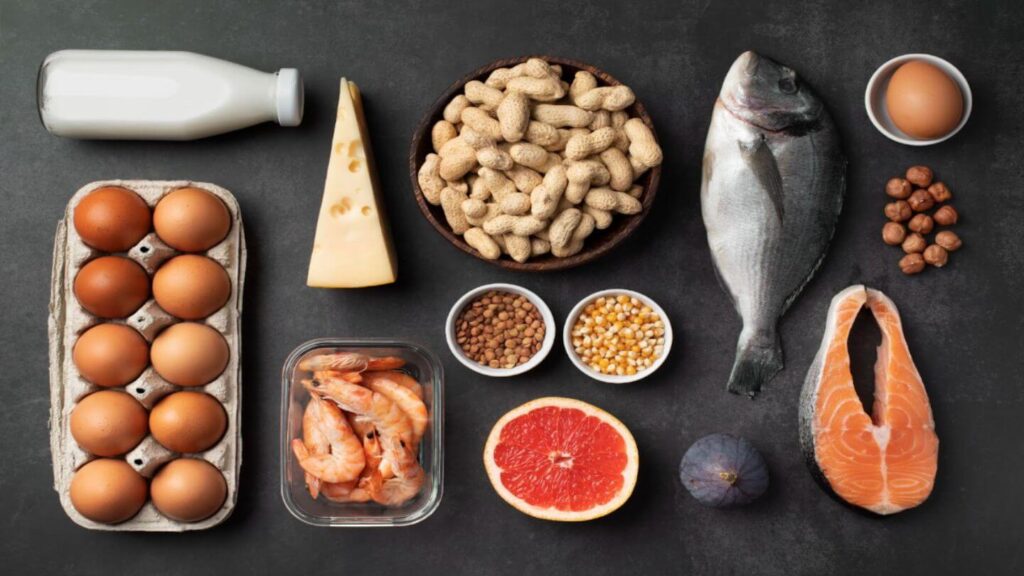
Understanding the Basics
Let’s begin by laying the foundation of our understanding regarding the critical role of proteins in muscle recovery and growth.
Proteins are fundamentally the cornerstone of life and play an indispensable role in sustaining the human body. Comprising a composition of amino acids, these molecular components serve as the basic building blocks essential for a multitude of bodily processes, with a particular emphasis on repairing and promoting the expansion of muscle tissues.

Protein for Recovery
After a strenuous workout, your muscles undergo microscopic damage, which is a natural part of the muscle-building process. To repair and rebuild these damaged muscle fibers, your body requires an adequate supply of amino acids, and that’s where protein comes into play. Protein provides the necessary amino acids to facilitate the repair process.
The timing of your protein intake matters too. Consuming protein shortly after your workout can help jumpstart the recovery process. This is because your muscles are more receptive to nutrients during the post-exercise period, making it an optimal time to refuel with protein.
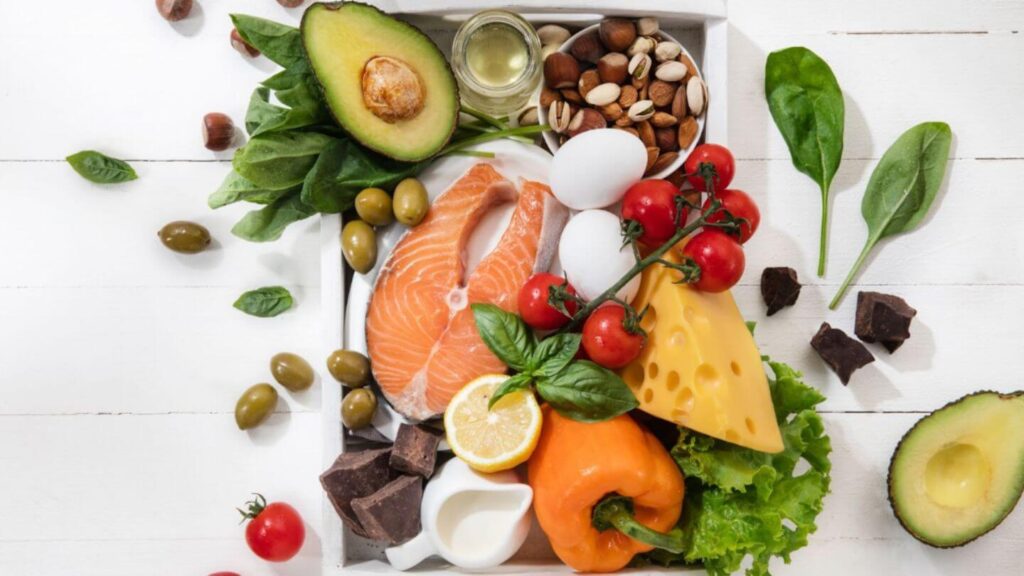
Protein for Growth
While recovery is a crucial aspect of muscle development, muscle growth is equally vital for those looking to get stronger and more muscular. Protein is essential for stimulating muscle protein synthesis, a process where new muscle proteins are formed, leading to muscle growth.
The protein’s role in muscle growth isn’t just about quantity; quality matters as well. Complete proteins, which contain all essential amino acids, are particularly valuable for optimizing muscle growth. Sources like lean meats, fish, eggs, and dairy products are excellent choices.

How Much Protein Do You Need
The recommended daily protein intake varies depending on age, gender, activity level, and fitness goals. A general guideline is to aim for around 1.2 to 2.2 grams of protein per kilogram of body weight for individuals looking to build and maintain muscle. However, it’s best to consult with a nutritionist or fitness expert to determine the specific protein requirements tailored to your goals.
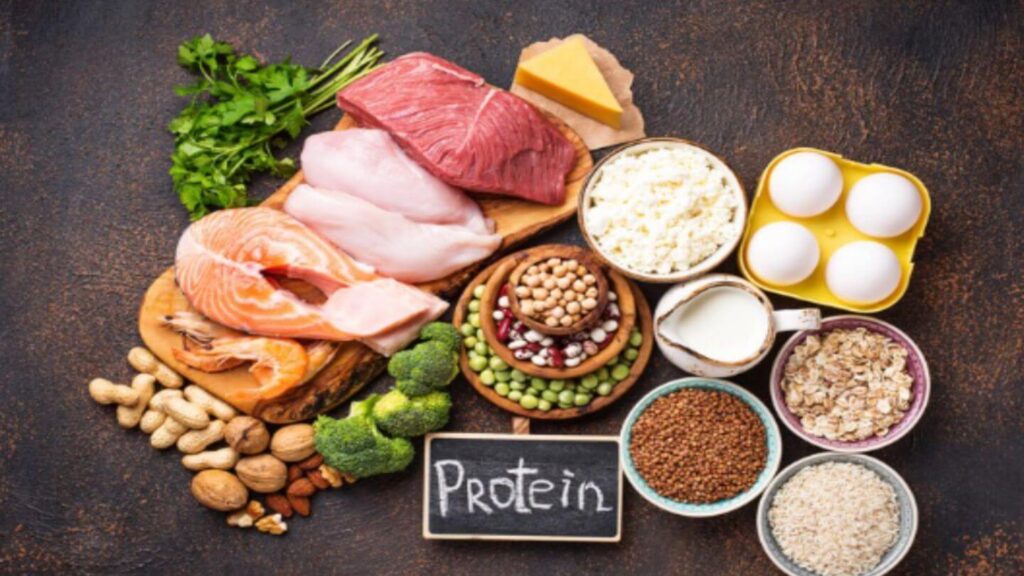
Food Sources
Proteins can be derived from a wide array of sources, encompassing both animal and plant-based alternatives. Here are some illustrative examples of foods that are abundant in protein:
Animal sources: Chicken, turkey, lean beef, fish, eggs, and dairy products
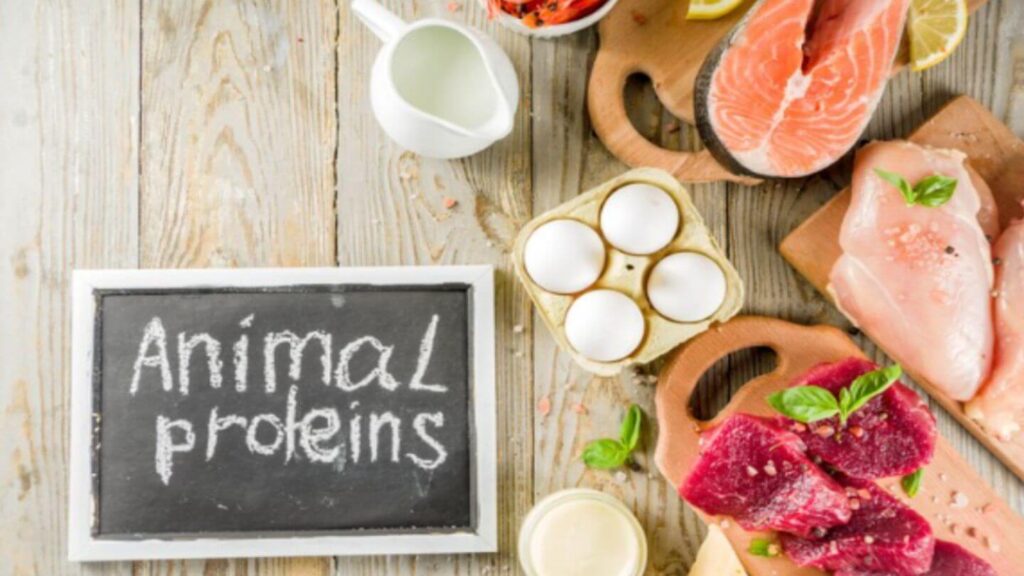
Plant-based sources: Beans, lentils, tofu, quinoa, nuts, and seeds.
Diversifying your protein sources can provide a broader range of essential amino acids and other nutrients necessary for overall health and well-being.

